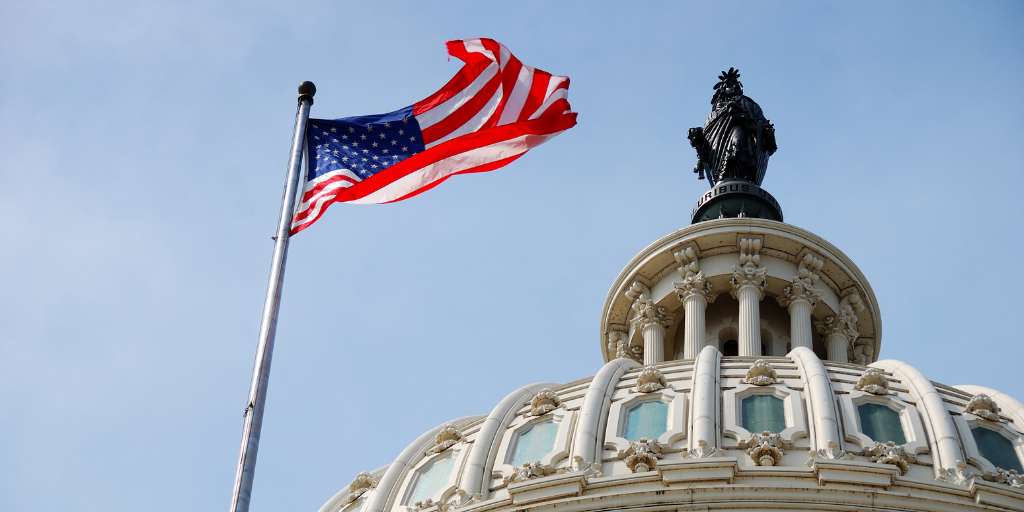
Welcome to Parent Pixels, a parenting newsletter filled with practical advice, news, and resources to support you and your kids in the digital age. This week:
A Florida bill that bans minors from using social media recently passed the House and Senate. The bill, HB1, is now on Governor Ron DeSantis’ desk. He’ll have until March 1 to veto the legislation or sign it into law.
DeSantis has previously said that he didn’t support the bill in its current form, which bars anyone younger than 16 years old from creating new social media accounts — and closes existing accounts for kids 16 and younger. (DeSantis has called social media a “net negative” for young people, but said that, with parental supervision, it could have beneficial effects.) Unlike online safety bills passed in other states, HB1 doesn’t allow minors to use social media with parental permission: if you’re a minor, you can’t have an Instagram.
Even if DeSantis vetoes the bill, the fact that such an aggressive bill passed both the House and Senate with bipartisan support signals that the conversation about online safety legislation is reaching a tipping point.
The Kids Online Safety Act (KOSA), which implements social media regulations at the federal level, also recently reached a major milestone: an amended version gained enough supporters to pass the Senate. If it moves to a vote, it would be the first child safety bill to get this far in 25 years, since the Children's Online Privacy Protection Act passed in 1998.
If passed, KOSA would make tech platforms responsible (aka have a “duty of care”) for preventing and mitigating harm to minors on topics ranging from mental health disorders and online bullying to eating disorders and sexual exploitation. Users would also be allowed to opt-out of addictive design features, such as algorithm-based recommendations, infinite scrolling, and notifications.
In a previous iteration of KOSA, state attorneys general were able to enforce the duty of care. However, some LGBTQ+ groups were concerned that Republican AGs would use the law to take action against resources for LGBTQ+ youth. The amended version leaves enforcement to the Federal Trade Commission — a move that led a number of advocacy groups, including GLAAD, Human Rights campaign, and The Trevor Project — to state they wouldn’t oppose the new version of KOSA if it moves forward. (So, not an endorsement, but not-not an endorsement.)
What’s next? As of this publication, DeSantis has not signed or vetoed Florida’s social media ban. Plus, KOSA has yet to be introduced to the Senate for a vote, and it’s flying solo — there is no companion bill in the House, which would give the House and Senate time to consider a measure simultaneously.
However, the fallout from January’s Senate Judiciary Committee — in which lawmakers grilled tech CEOs about their alleged failure to stamp out child abuse material on their platforms — may build momentum for future online safety legislation. We’ll keep our eyes peeled.
Spotify offers everything from podcasts to audiobooks — and with all of that media comes content concerns. The good news: both Spotify Kids and Spotify parental controls allow kids to enjoy their tunes while keeping their ears clean.
If you remember watching the pirate-themed anime series One Piece, you might be excited about the recently released live-action remake now streaming on Netflix and eager to share your love of the show with your kids. But is One Piece for kids?
🔒 Did you know that 90% of caregivers use at least one parental control? That’s according to a new survey from Microsoft.
📱 Social media is associated with a negative impact on youth mental health — but a lot of the research we have tends to focus on adults. In order to really understand cause and effect, researchers need to talk to teens about how they use their phones and social networks. Read more via Science News.
🛑 Meta announced the expansion of the Take It Down program, which is “designed to help teens take back control of their intimate images and help prevent people — whether it’s scammers, ex-partners, or anyone else — from spreading them online.”
Parent Pixels is a biweekly newsletter filled with practical advice, news, and resources to support you and your kids in the digital age. Want this newsletter delivered to your inbox a day early? Subscribe here.